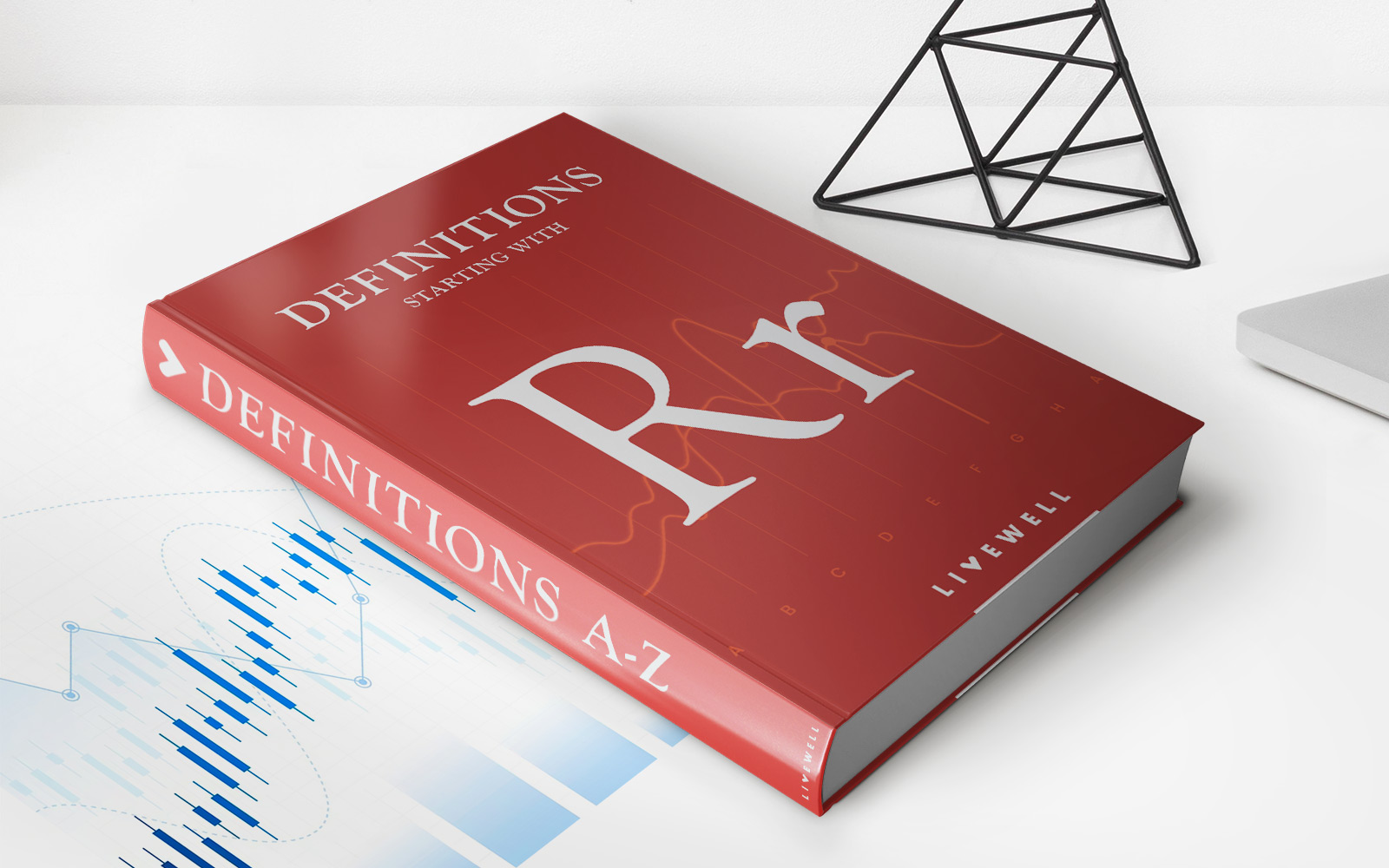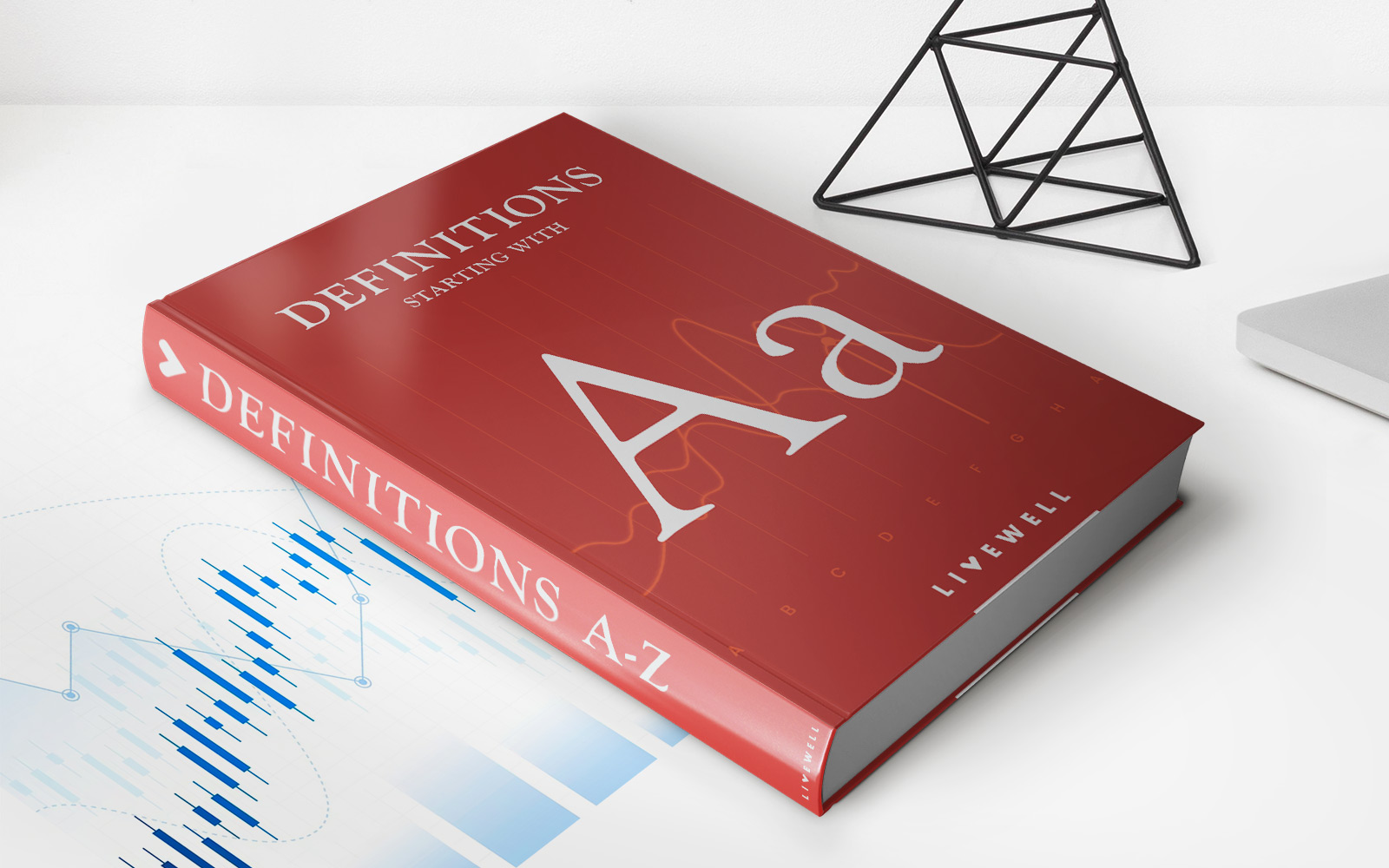

Finance
What Kind Of Credit To Lease A Car
Published: January 4, 2024
Looking to lease a car? Learn about the various finance options available to help you get the credit you need. Find out more about financing a car lease here.
(Many of the links in this article redirect to a specific reviewed product. Your purchase of these products through affiliate links helps to generate commission for LiveWell, at no extra cost. Learn more)
Table of Contents
Introduction
Leasing a car has become an increasingly popular option for many individuals looking for a flexible and affordable way to drive a vehicle. Whether you’re in need of a car for personal or business reasons, car leasing provides a viable alternative to purchasing a vehicle outright.
One of the main considerations when leasing a car is your creditworthiness. Lenders need to assess your financial stability and ability to make regular lease payments. Your credit plays a crucial role in this evaluation process. In this article, we will discuss the different types of credit accepted for car leasing and the credit score required to qualify for a lease. We will also provide helpful tips on how to improve your credit to increase your chances of obtaining a favorable car lease.
Car leasing offers numerous advantages over traditional car ownership. Firstly, leasing allows you to drive a new car without the long-term commitment of a loan. Leases typically last for a few years, and at the end of the lease term, you can choose to return the car, buy it outright, or lease a different vehicle. This flexibility gives you the opportunity to drive a variety of cars without the hassle of selling or trading in a vehicle.
Additionally, leasing often comes with lower monthly payments compared to financing a car purchase. This is because you’re essentially paying for the depreciation of the vehicle during the lease term, rather than the full value of the car. Lower monthly payments can make it easier to fit a high-quality car within your budget.
Furthermore, leasing a car means you don’t have to worry about the potential depreciation and value fluctuations that can occur with vehicle ownership. This can be particularly advantageous for individuals who prefer driving the latest models and avoiding the hassle of selling or trading in a car when it’s time for an upgrade.
Now that we understand the benefits of car leasing, let’s delve into the specific credit requirements you need to fulfill in order to lease a car.
Benefits of Car Leasing
Car leasing offers numerous advantages that make it an attractive option for individuals looking to drive a vehicle without the long-term commitment of ownership. Let’s explore some of the key benefits of car leasing:
- Lower Monthly Payments: One of the main advantages of car leasing is the opportunity to enjoy lower monthly payments compared to financing a car purchase. Since you’re only paying for the depreciation of the vehicle during the lease term, your monthly payments are typically lower than if you were to finance the full value of the car. This can be particularly beneficial for budget-conscious individuals.
- Flexibility: Leasing a car provides you with flexibility. At the end of the lease term, usually lasting a few years, you have the option to return the car, purchase it outright, or lease a different vehicle. This flexibility allows you to adapt to different financial or lifestyle changes without being tied down to a vehicle you no longer need or want.
- Driving a New Car: Leasing allows you to drive a new car with all the latest features and technology. This is particularly appealing for those who enjoy the excitement of driving a new car and want to experience the latest advancements in automotive technology.
- Maintenance and Repair Coverage: Most car lease agreements include maintenance and repair coverage, which can save you money on routine services and unexpected repairs. This provides peace of mind and protects you from unexpected expenses that can arise with vehicle ownership.
- No Resale Worries: When you lease a car, you don’t have to worry about the hassle of selling or trading in the vehicle when you’re ready for an upgrade. At the end of the lease term, you can simply return the car to the dealership and move on to your next leasing option.
By considering these benefits, car leasing can be an attractive option for individuals looking for a more affordable and flexible way to drive a vehicle. However, it’s essential to understand the credit requirements associated with car leasing, which we will explore in the next section.
Credit Requirements for Car Leasing
When it comes to leasing a car, your creditworthiness plays a crucial role in determining whether you qualify for a lease and the terms you’ll be offered. Lenders use your credit history to assess your financial stability and ability to make regular lease payments. Here are some important credit requirements to consider when leasing a car:
- Credit History: Lenders generally look for a solid credit history that demonstrates responsible borrowing and timely repayment of debts. They will review your credit report to see if you have a track record of making payments on time, have any outstanding debt, or have a history of missing payments or defaulting on loans.
- Credit Score: Your credit score is a numerical representation of your creditworthiness. Lenders may have specific credit score requirements for car leasing. While the exact credit score needed can vary, a good credit score, typically above 700, will increase your chances of qualifying for a lease on favorable terms.
- Debt-to-Income Ratio: Lenders also assess your debt-to-income ratio, which compares your monthly debt obligations to your monthly income. A lower debt-to-income ratio indicates a healthier financial situation and increases your chances of being approved for a car lease.
It’s important to note that different lenders may have slightly different credit requirements for car leasing. Some may have more lenient requirements, while others may be stricter. Additionally, the specific vehicle you intend to lease can also impact the credit requirements, as more expensive or luxury cars may have higher credit standards.
If you have a less-than-perfect credit history or a lower credit score, it doesn’t necessarily mean you can’t lease a car. There are still options available to you, such as working with specialized leasing companies that cater to individuals with lower credit scores or offering higher down payments or security deposits.
Now that we’ve discussed the credit requirements for car leasing, let’s move on to the types of credit that are accepted for car leasing.
Types of Credit accepted for Car Leasing
When leasing a car, lenders will consider various types of credit as they evaluate your creditworthiness. While each lender may have slightly different requirements, here are the common types of credit that are generally accepted for car leasing:
1. Good Credit: Having a strong credit history with a high credit score is typically the most favorable type of credit for car leasing. A good credit score demonstrates responsible borrowing and a history of making payments on time, which gives lenders confidence in your ability to fulfill your lease obligations.
2. Fair Credit: Individuals with fair credit scores, generally ranging from 600 to 699, may still be eligible for car leasing. However, they may face slightly higher interest rates or more stringent lease terms compared to those with excellent credit. It’s important to note that fair credit may limit your options in terms of the types of vehicles you can lease.
3. Bad Credit: While it may be more challenging to lease a car with bad credit, it is not impossible. Some specialized leasing companies focus on working with individuals who have lower credit scores. They may have different approval criteria and may require a larger down payment or security deposit. Leasing with bad credit can also provide an opportunity to improve your credit score over time by making consistent, on-time payments.
4. No Credit: Individuals who have little to no credit history due to being young, new to the country, or have not previously borrowed money may still be able to secure a car lease. Lenders may evaluate other factors such as income stability, employment history, or require a co-signer to offset the lack of credit history.
It’s important to note that even if you have a less-than-ideal credit situation, working on improving your credit score can greatly increase your chances of qualifying for a car lease with better terms in the future.
Now that we understand the types of credit accepted for car leasing, let’s explore the credit score requirements for leasing a car.
Credit Score Required for Car Leasing
When it comes to leasing a car, your credit score is an important factor that lenders consider to determine your eligibility and the terms of your lease agreement. While specific credit score requirements can vary among lenders, there are general guidelines to keep in mind:
Good Credit Score: To qualify for a car lease on favorable terms, having a good credit score is beneficial. A good credit score is typically considered to be 700 or above. Lenders view individuals with good credit scores as less risky borrowers, as they have demonstrated a history of responsible credit management and timely debt repayment.
Fair Credit Score: If your credit score falls between 600 and 699, you may still be eligible for car leasing, but you may face some limitations. Lenders may require a larger down payment, higher interest rates, or more stringent lease terms compared to those with good credit scores. It’s important to weigh the costs and benefits before committing to a lease with a fair credit score.
Lower Credit Score: If your credit score is below 600, it may be more challenging to secure a car lease. However, specialized leasing companies that cater to individuals with lower credit scores may have options available. It’s important to be prepared for higher interest rates, larger down payments, and stricter terms when leasing with a lower credit score.
It’s crucial to keep in mind that individual lenders may have their own specific credit score requirements. Additionally, the specific vehicle you intend to lease can also impact the credit score requirements, as more expensive or luxury cars may have higher credit standards.
If your credit score is lower than desired, there are steps you can take to improve it over time. This includes making all your debt payments on time, keeping credit card balances low, and minimizing the number of new credit applications. Over time, responsible credit management can help you build a stronger credit profile and increase your chances of securing a car lease with better terms.
Now that we’ve discussed the credit score requirements for car leasing, let’s move on to some tips to improve your credit for better leasing opportunities.
Tips to Improve Credit for Car Leasing
If you’re looking to lease a car and want to improve your credit to increase your chances of qualifying for better leasing terms, here are some tips to help you boost your credit score:
- Make Timely Payments: Paying your bills on time is one of the most important factors in building good credit. Set up automatic payments or reminders to ensure you never miss a payment.
- Reduce Credit Card Balances: Aim to keep your credit card balances below 30% of your available credit limit. High credit card utilization can negatively impact your credit score.
- Avoid Opening Unnecessary Credit Accounts: Limit the number of new credit accounts you open, as each new inquiry can temporarily lower your credit score.
- Monitor Your Credit Report: Regularly review your credit report to check for errors or inaccuracies. Dispute any errors you find to ensure your credit report is accurate.
- Pay Off Debt: Focus on paying down existing debt, especially high-interest debts like credit cards or personal loans. Reducing your overall debt load can positively impact your credit score.
- Build a Positive Credit History: If you have little to no credit history, consider opening a secured credit card or becoming an authorized user on someone else’s credit card to establish a positive credit history.
- Consider Credit Counseling: If you’re struggling with significant debt or find it challenging to manage your finances, seeking guidance from a reputable credit counseling agency can be helpful. They can provide advice on debt management and help you create a plan to improve your credit.
Remember, improving your credit takes time and consistent effort. Be patient and dedicated to making positive changes to your credit habits. By doing so, you can enhance your creditworthiness and increase your chances of securing a car lease with more favorable terms.
Now that we’ve explored various tips to improve your credit, let’s conclude our discussion.
Conclusion
Leasing a car can be a convenient and cost-effective option for individuals who prefer flexibility and lower monthly payments compared to traditional car ownership. However, it’s important to understand the credit requirements associated with car leasing to increase your chances of qualifying for favorable lease terms.
In this article, we discussed the benefits of car leasing, including lower monthly payments, flexibility, and the ability to drive a new car with the latest features. We also explored the credit requirements for car leasing, which include having a solid credit history, a good credit score, and a healthy debt-to-income ratio.
We learned that there are different types of credit accepted for car leasing, ranging from good credit to fair credit or even lower credit scores. While good credit provides the most favorable terms, individuals with fair or lower credit may still have options available, although they might face higher down payments, interest rates, or stricter lease terms.
Understanding the credit score required for car leasing is crucial. Lenders generally look for good credit scores, typically 700 or above, to approve lease applications. Fair credit scores, ranging from 600 to 699, may still be eligible, albeit with certain limitations. Lower credit scores may present challenges but can be overcome with specialized leasing companies or by improving your credit over time.
Lastly, we provided tips on how to improve your credit for better leasing opportunities. These tips included making timely payments, reducing credit card balances, monitoring your credit report, paying off debt, building a positive credit history, and considering credit counseling when necessary.
By following these recommendations and taking steps to improve your credit, you can enhance your chances of securing a car lease on more favorable terms. Remember, it’s important to research and compare different leasing options and work with reputable lenders or dealerships to ensure a smooth and satisfactory car leasing experience.














